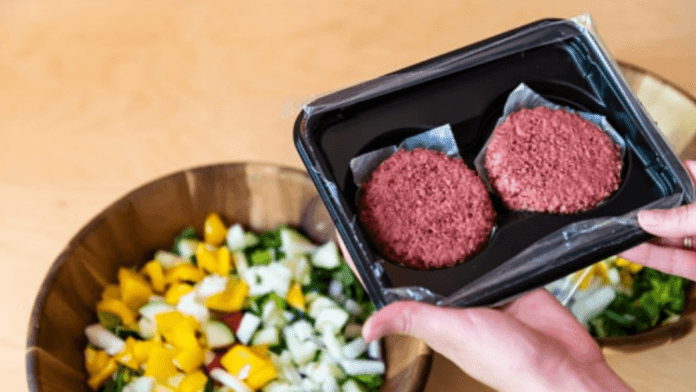News in Brief:
– Japan ranks second globally in alternative-protein patents, underscoring its growing role in developing sustainable food technologies.
– Companies like Fuji Oil and Nissin Foods are leading innovations in soy-based and lab-grown meat substitutes, aiming to meet rising global demand amid environmental concerns.
Japan is making significant strides in the development of alternative proteins, positioning itself as a major player in this burgeoning industry, second only to the United States, a study by Nikkei and a Tokyo-based research company, Patent Result.
This trend holds promise not just for Japan but for the rest of the world as it reflects a shift towards sustainable protein sources amidst increasing concerns about food security and environmental sustainability.
Japanese companies are actively investing in research and development related to meat and fish alternatives, evident in their high ranking in the value of related patents. This underscores the country’s commitment to innovation and its recognition of the importance of alternative proteins in addressing future food challenges.
Key players and innovations
Three Japanese companies stand out among the top 20 organisations in this field: Fuji Oil, Amano Enzyme, and Nissin Foods Holdings. These companies are pioneering various aspects of alternative-protein production, from texture mimicking to lab-grown meat development.
For instance, Amano Enzyme’s patent application is for using plant proteins treated with enzymes in coffee drinks as a milk substitute demonstrates the diverse applications of alternative proteins beyond traditional meat substitutes.
Fuji Oil has been at the forefront of the substitute protein market since the late 1960s. Their innovations in soy-based meat substitutes, such as products closely resembling the texture and flavor of real meat, reflect evolving consumer preferences towards healthier and more sustainable food choices.
Nissin Foods Holdings is breaking new ground by venturing into lab-grown meat, aiming to produce steak cultured from cow muscle cells by 2025. This innovative approach to meat production holds great promise for reducing the environmental impact of traditional livestock farming while meeting the growing demand for protein.
Global implications and market outlook
The rapid growth of the alternative-protein market is not unique to Japan but is part of a global phenomenon driven by factors such as population growth and increasing awareness of environmental sustainability. Mitsubishi Research Institute predicts that the market for lab-grown meat will soar in the coming decades, potentially reaching 57% of the total meat market by 2050.
These alternative proteins offer a sustainable solution to supplementing the global food supply, addressing concerns about the environmental footprint of conventional livestock farming. By reducing methane emissions and other greenhouse gases associated with livestock, alternative proteins contribute to mitigating climate change and ensuring a more sustainable future for agriculture.
Despite the promising outlook, several challenges remain in the widespread adoption of alternative proteins. Issues such as regulations regarding additives and safety standards for lab-grown meat products need to be addressed to ensure consumer trust and confidence in these emerging food technologies.



